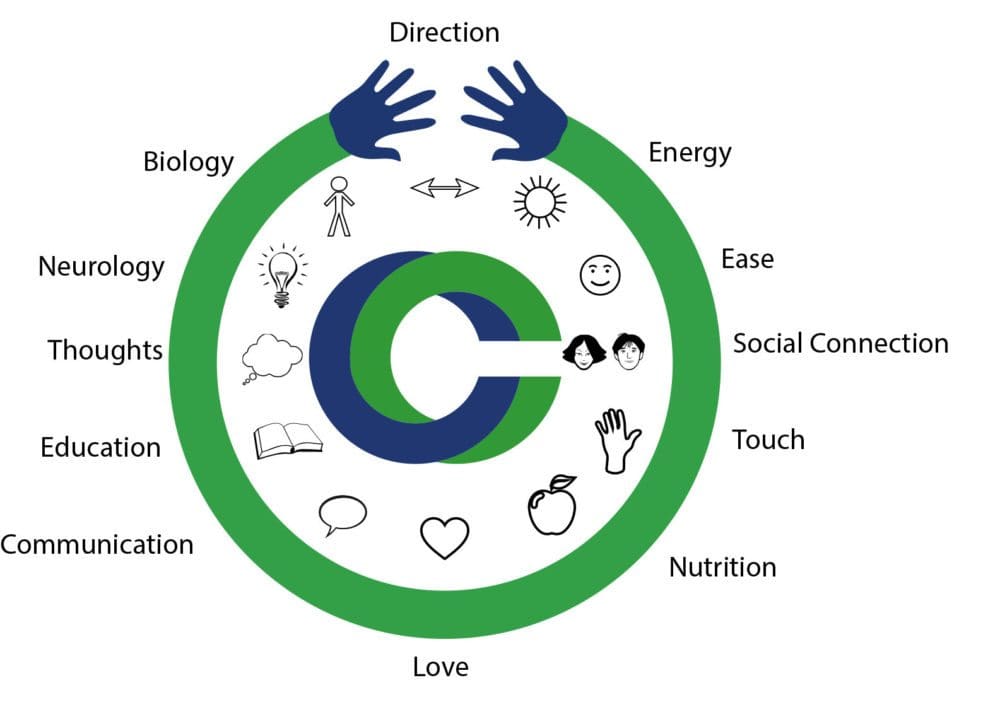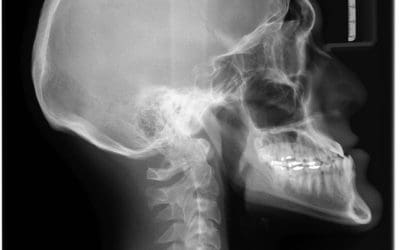What is biopsychosocial health care?
Health is biopsychosocial
Health is defined by the World Health Organisation as “a state of complete physical, mental, and social well-being and not merely the absence of disease or infirmity”
In otherwords, being healthy is not just about whether you’re ill or not but about your wellbeing in general. It’s about complete wellbeing. It’s about physical, mental and social wellbeing, otherwise known as ‘biopsychosocial’ wellbeing.
HISTORY OF BIOPSYCHOSOCIAL
The concept of biopsychosocial is both a philosophy of healthcare as well as a clinical practical guide. It developed from critical evaluation of biomedical modes of thought into a more integrative viewpoint of health and healthcare. Unlike more mainstream or traditional views of healthcare that suggested every cause of health or illness had an effect, the model suggested that additional variables could affect both how healthy someone is deemed or the applicability of research or scientific evidence on its own.
Whilst the biopsychosocial model initially formed as an opposing view to mainstream science of the day, these days the notion of being biopsychosocial is closely aligned these days to notions of ‘evidence-based’ or ‘evidence-informed practice’. The biopsychosocial model suggests that lapses in health can not be related to any one component of the biopsychosocial model but an interrelation between all three.
Can money, a bonus or a salary rise increase workplace wellbeing?
WHAT DOES EACH ELEMENT OF ‘BIOPSYCHOSOCIAL’ MEAN?
BIOLOGICAL COMPONENT
It is suggested that there is a biological component to health. This may refer to muscles, ligaments, bones, connective tissues or organs. It could also include the chemical, neurological, physiological or pathological elements behind what makes us healthy or ill.
Traditional roles of healthcare tended to focus mainly on biological complaints or symptoms arising from biological complaints.
PSYCHOLOGICAL COMPONENT
For some, a non-mechanical viewpoint of health and healing is controversial. However, more contemporarily, it has become increasingly accepted that the role of the brain is more than just controlling our structure or biology but a component of its own that is closely related to our wider health. The psychological component does not only refer to illnesses of the mind itself but also the effects of health or illness on the mind.
SOCIAL COMPONENT
It is suggested that health and health care can be influenced by environment and community.
It is important to note that measuring wellbeing is not the same as measuring GDP.
10 Tips to get the most out of your Chiropractic care
CONFLICTING VIEWPOINTS OF THE BIOPSYCHOSOCIAL MODEL
The biopsychosocial model, as with any philosophical mode of care, has its advantages and disadvantages.
ADVANTAGES
One of the main advantages is that it tends to be considered as more patient-centric as well as evidence-informed. To be able to look at the causes of illness, the model suggests that it is not enough to focus on illness alone. Instead it suggests that it is more wise to look to the cause of the symptoms and to issues of wider wellbeing. These may include lifestyle, psychological or lifestyle issues (such as workplace wellbeing)
One of the really nice things about the biopsychosocial model is that it helps to connect the dots between healthcare and non-healthcare practices in terms of improving health or lifestyle. Through the biopsychosocial model concepts that would be seen as non-evidence-based, pseudoscientific or ‘woo’ to some, may still have a key impact on their future health.
Biopsychosocial healthcare is more tailored to the individual and, when in line with the evidence based model (as proposed by Sackett), does not rigidly apply concepts to evidence alone. Instead, it informs care based on the best available evidence, the skills and expectations of the practitioner and the expectations, lifestyle and choices of the patient.
DISADVANTAGES
One of the biggest critiques has been with respect to mental healthcare. The biopsychosocial philosophy suggests that mental health issues can not occur in isolation, but will also have a physical and/or social element to them also. Whilst there are consistently increased evidence to suggest chemical, physical or social elements behind mental health issues, it is considered by some that the notion can increase the stigma, polarisation or stereotyping of such issues. Some have also argued that the division of biology and brain is confused too.
CONNECTIVE CHIROPRACTIC’S STANCE ON BIOPSYCHOSOCIAL HEALTH CARE
We operate through an integrative, biopsychosocial, evidence-informed philosophy of health care. We are happy to tailor our care plans and approach to you straight from the get go. Whilst recognising that health care is integrative, we are proud to serve our part in the larger puzzle by offering Connective Chiropractic as well as workplace-wellbeing workshops, open workshops and business wellbeing packages.
For us,these include standard biopsychosocial concepts (biology, neurology, thoughts, social connection). We also have included some extras including (education, communication, direction, love, energy, ease, touch and nutrition).
We intend to write blog posts on each of these components in turn, so please do check back for further information soon…

LEARN MORE
For more information about biopsychosocial health care or other modes of health care model or philosophy, please attend our ‘What is health’ workshop.
Find out about Connective Chiropractic's workshops
Patient Case Study: Lorna, Dressage Coach
Lorna shares her experience of Connective Chiropractic, Basingstoke. Lorna is between the age of 55 and 64 and is retired. She is currently in the third stage of her care (maintenance and wellbeing) after completing her initial course of care with us.Don’t limit...
X-ray at Connective Chiropractic
Providing X-rays when clinically justified The ability to read, take or refer for X-rays is part of the UK Chiropractic College curriculum. It's an important skill for us to have so we can diagnose, determine a rationale for care or better understand what is safe or...
Pregnancy and Chiropractic care
Chiropractic Care During Pregnancy. Is It safe? Pregnancy is an exciting and magical time. Seeing all the changes your body goes through when growing a new life is amazing. However, for many women, pregnancy isn’t all glowing complexions and cute bumps. Pregnancy...
BASINGSTOKE
Connective Chiropractic Ltd,
55 Kingsclere Road,
Basingstoke.
RG21 6XG
01256 639 452

EMPOWERING WELLBEING WITH A CONNECTIVE CHIROPRACTIC MEMBERSHIP
Click here to discover more about our Ultimate Wellbeing Community
Registered Company (10788728) in England & Wales, Registered Address: 55 Kingsclere Road, Basingstoke, Hampshire. RG21 6XG.
Site content last edited 11 September 2023 (Version 1.4) (Version 1.0 - 1st November 2017). Last update Monday 11 September 2023
Copyright: Connective Chiropractic Ltd. All rights reserved. The Connective Chiropractic name and Connective Chiropractic logo are registered trademarks.



